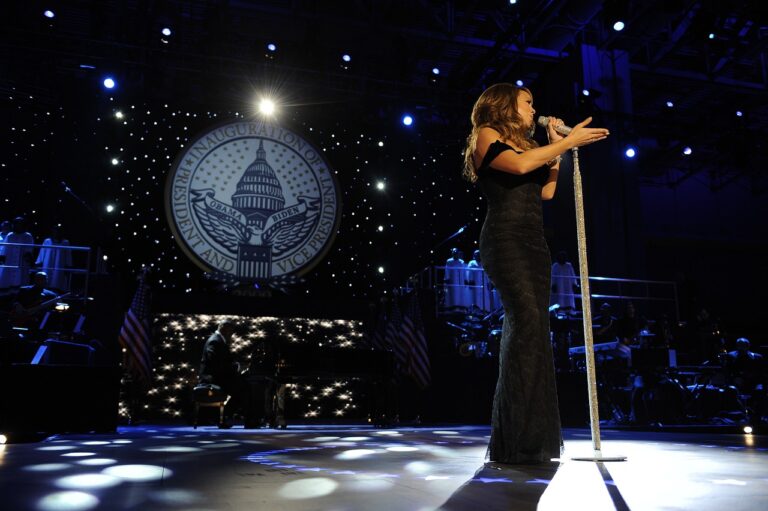Music Festivals in the Post-Pandemic Era: Recovery Strategies and Safety Measures
Music festivals are constantly confronted with the challenge of securing headlining acts that draw in large crowds. Negotiating contracts with big-name performers can be a complex and costly process. Festival organizers often compete with other events for the same artists, leading to bidding wars that can strain already tight budgets.
Another significant challenge faced by music festivals is unpredictable weather conditions. Outdoor festivals are particularly vulnerable to the whims of Mother Nature, with heavy rain, extreme heat, or strong winds posing a threat to the event’s success. Inclement weather not only affects the safety and comfort of attendees but can also result in last-minute cancellations or changes to the lineup, creating logistical headaches for organizers.
Impacts of the Pandemic on Music Festivals
The outbreak of the COVID-19 pandemic has caused significant upheaval for the music festival industry worldwide. With restrictions on gatherings and travel bans in place, countless festivals were forced to cancel or postpone their events, leading to substantial financial losses for organizers and stakeholders. This sudden disruption also had a ripple effect on artists, vendors, and local economies that heavily rely on the revenue generated from these large-scale events.n
Moreover, the pandemic has prompted festival organizers to reevaluate their business models and explore alternative ways to engage with audiences. Many festivals have turned to virtual platforms to livestream performances and connect with fans online. While this shift has allowed for some level of continuity during these challenging times, it has also highlighted the limitations of virtual experiences compared to the vibrant atmosphere and communal spirit of in-person music festivals.
Implementing Health and Safety Protocols
One of the key aspects of ensuring the success of music festivals amidst the ongoing pandemic is the implementation of robust health and safety protocols. These protocols are essential in safeguarding the well-being of both attendees and staff, creating a secure environment for all participants. By incorporating measures such as temperature checks, mandatory mask-wearing, and increased sanitation practices, festivals can mitigate the spread of the virus and prioritize the health of everyone involved.
Moreover, communication plays a pivotal role in the effective implementation of health and safety protocols at music festivals. Clear and concise messaging regarding the guidelines and regulations must be disseminated to all stakeholders, including attendees, artists, vendors, and staff. Through transparent communication channels, festival organizers can ensure that everyone is aware of their responsibilities and adheres to the necessary precautions to protect themselves and others.
What are some common challenges faced by music festivals when implementing health and safety protocols?
Some common challenges include ensuring compliance from attendees, maintaining social distancing measures, and implementing frequent sanitation practices.
How has the pandemic impacted music festivals?
The pandemic has led to the cancellation or postponement of many music festivals, as well as increased focus on health and safety protocols for those that are able to proceed.
What are some key considerations for implementing health and safety protocols at music festivals?
Key considerations include crowd control measures, sanitation stations, mask mandates, and implementing contactless payment options.
How can music festivals ensure the safety of attendees and staff?
Music festivals can ensure safety by regularly disinfecting high-touch surfaces, enforcing mask-wearing policies, and implementing effective crowd management strategies.
Are there any specific guidelines that music festivals should follow when implementing health and safety protocols?
Yes, music festivals should follow guidelines provided by health authorities and government regulations to ensure the safety of all attendees and staff.







